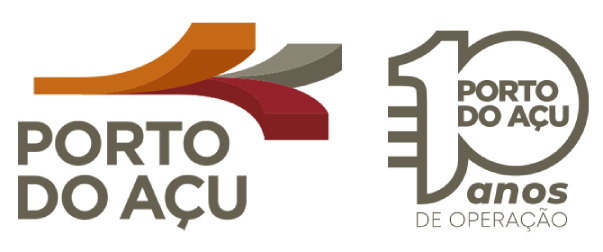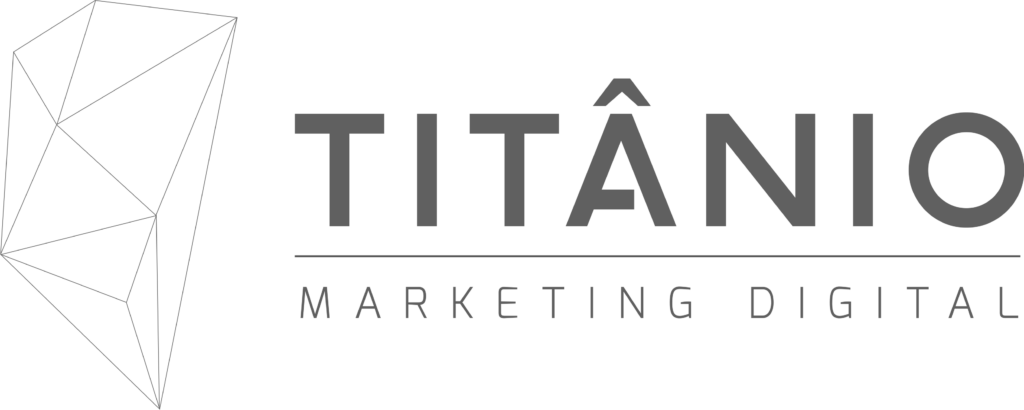In the last day of the Brazil Cooks Program, offered in São João da Barra, students who learned how to use whole foods also participated in a ceremony to receive their certificates. During the three-day program (now in its fourth edition in the city), participants learn how to prepare easy recipes with ingredients that are often discarded, such as skins, seeds and stems of fruits and veggies. The action is an initiative by SESI (Brazilian Social Services for the Industry), supported by the Mayor’s Office of São João da Barra and Ferroport (the Prumo Logística-Anglo American joint venture that operates the Port of Açu’s Iron Ore Terminal). This edition had 75 people enrolled, so that almost 400 city residents already participated in the program.
“We are very pleased to end another edition of Brazil Cooks in São João da Barra. It is so gratifying to present knowledge that contributes to these families’ incomes. This is why we are adamant about supporting this program that has been working so well and we should open another class in the second semester,” said Marcio Redivo, Sustainability manager at Ferroport.
“We are very happy with this partnership and reaffirm our commitment to the local community. Our goal is to show these families that they can sustain themselves by employing creativity when preparing meals. The program teaches us to avoid the waste culture,” said Cláudia Falcão, the secretary of Social Support and Human Rights of São João da Barra.
During classes, participants received theoretical and practical training, learned how to choose foods by their nutritional value and to use them fully, reducing waste. Students also learned how to cook meals preserving flavor and nutrients, always focusing on improving the household income. Recipes included a porridge made of the inner skin of passion fruit, juice made of collard green stems and oranges, a cake made of orange skin, a quiche made of pumpkin skin, and a candy made of unpeeled sweet potatoes.
“The cool thing about the program is that it topples people’s pre-conceived notions about full utilization of foods. We show them practically how to add these ingredients to their menus and students are surprised when they taste the recipes. They are really rich in flavor. We prove that it is possible to eat daily in a healthy and affordable manner,” said Natalia Coelho, the program’s nutritionist.
The program is offered to the general population and classes are attended by housewives, students, industrial, retail and self-employed workers. One of the participants in the latest edition, Iara Freitas, sells refreshments and pastries and already knows how she will apply what she learned in the course. “I have a lot of demand from clients interested in healthier products and teachings from the course will help me a lot in that sense. I will bet on light meals and snacks to increase my sales. And the change will be positive for me as well. I am also in search of a healthier lifestyle,” said Iara.

